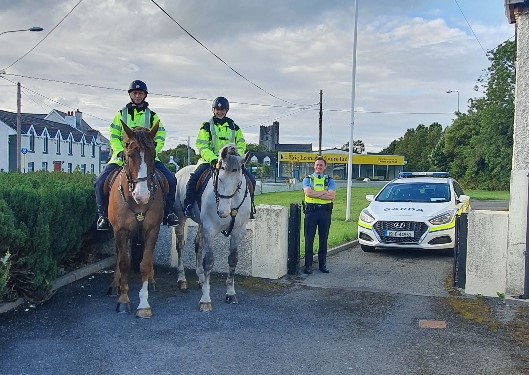
A priest in Co. Cork has been warned by Gardaí that the authorities would “apply the full rigours of the law”, after he celebrated Mass with a small congregation, according to a report in The Irish Catholic.
“I mean, the reality is that the priest can be arrested based on my understanding of what was signed into law,” the priest said, “and that people flaunting the rules can be fined €400 as far as I know. But he [the garda] didn’t define what the penalty would be.”
The Cork priest described himself as a “conscientious objector” with regard to the restrictions on public worship.
“The churches are spotlessly clean: there’s hand sanitiser everywhere, people are social distanced and they’re wearing masks, why can’t we have maybe 20 people coming into a church which has a capacity for 500?” he asked.
He explained that he and another priest had been celebrating Mass publicly for the last few weeks. On average, ten people attended the Masses, which were also streamed on the church’s webcam.
“Obviously someone saw it on the webcam and… they got onto the guards,” he said.

A Catholic student society at Trinity College Dublin has been warned they must stop organising prayer meetings, amid fears of suspension or funding cuts.
The Central Societies Committee has written to the Catholic Laurentian Society to inform them that they can no longer advertise or hold prayer meetings under the society’s banner, as the committee claims it is in breach of the society’s status as a “cultural” society.
The Irish Catholic reports that the society has held prayer meetings for years without issue, and that it is only now that a line has been drawn between worship and culture. A TCD student told the newspaper: “I think my first take on this is that it’s simply unjust.
“If it’s not equally applied, then this is discrimination. If it is evenly applied [to all religious societies], this is anti-religious discrimination. It’s either troubling anti-religious policy from a body that shouldn’t show discrimination to any group of students – their job is to promote college community. Or at best, it shows just a huge indifference and ignorance of what religious culture and Catholic culture specifically is,” the student said.

The Catholic Diocese of Brooklyn has asked the US Supreme Court to block covid19 limits on in-person church attendance.
The Supreme Court rebuffed similar challenges over the summer, but this comes after Justice Amy Coney Barrett’s confirmation last month, and the diocese could find more success before the now more conservative court.
New York Gov. Andrew Cuomo (D) in October limited in-person attendance at church services to either 10 or 25 people, depending on the number of COVID-19 cases in the areas in which a particular church is located. As a practical matter, the diocese contends, the order “effectively bars in-person worship at affected churches – a ‘devastating’ and ‘spiritually harmful’ burden on the Catholic community.” By contrast, the diocese noted, many secular businesses, including “everything from supermarkets to pet stores,” are allowed to stay open.
The diocese went to federal district court in New York, where it argued that Cuomo’s order violates the Constitution’s free exercise clause. Both the district court and the U.S. Court of Appeals for the 2nd Circuit declined to block the limits, leading to Thursday’s appeal to the Supreme Court.
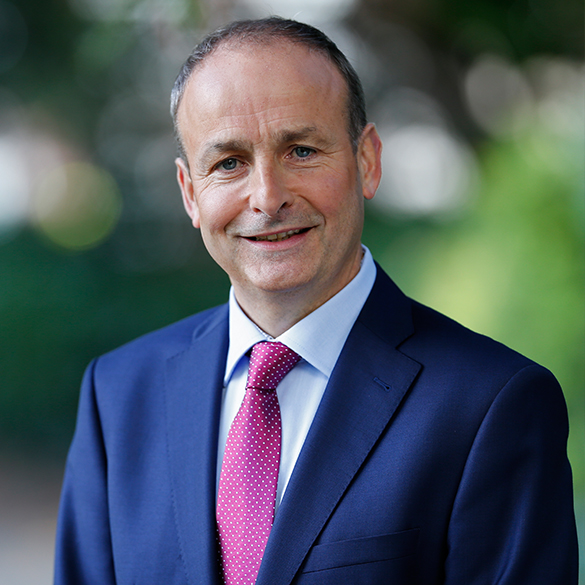
Taoiseach Micheal Martin’s aim for the end of the current lockdown would be a return to level three, which would still leave public worship banned, unless it is amended.
The opening up of mass and other religious services to the public is only allowed in levels 1 and 2 of the Covid-19 restrictions.
If level three continued throughout December, then there would be no public celebration of mass on Christmas day.
The Taoiseach has confirmed he would like to get back to Level 3 restrictions for December 1st. “That was a target,” he said.
Mr Martin did however say the Government was analysing the data and might look at certain sectors to see if they could “moderate” Level 3.
Meanwhile, at the At the Fianna Fáil parliamentary party meeting, Cormac Devlin, the Dun-Laoghaire Rathdown TD, said that subject to public health advice, Level 2 “with tweaks” should be introduced, allowing people to travel home for Christmas, as well as indoor hospitality and religious services to be accommodated.
Cork North-Central TD Pádraig O’Sullivan also raised the issue of public worship.
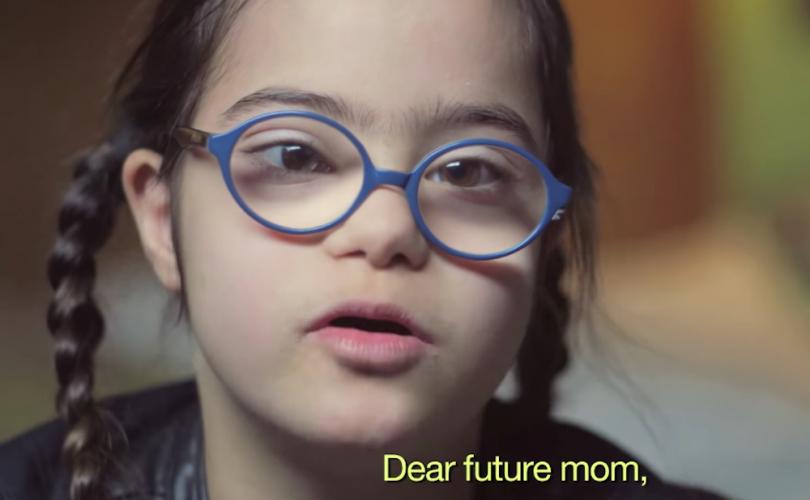
The High Court in London has agreed to hear a challenge to the UKs abortion law.
The case claims the law discriminates against people with disabilities.
While abortion is legal up to 24 weeks, it is allowed up to birth where the baby suffers “from such physical or mental abnormalities as to be seriously handicapped.”
Heidi Crowter, a 24-year-old woman with Down’s Syndrome, says the law is offensive and makes her cry. In Britain, 90pc of unborn babies found to have Down Syndrome are aborted.
“This case addresses a matter that is fundamentally offensive and discriminatory,” Paul Conrathe, the lawyer representing the women, said.
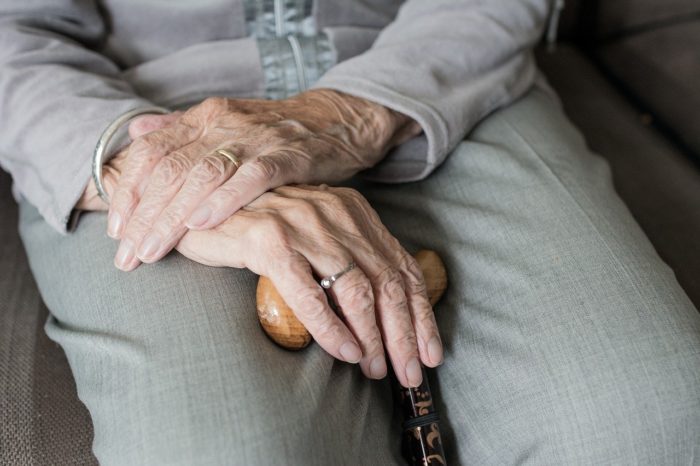
A leading palliative care doctor has denied that some people will suffer unending pain unless they can avail of assisted suicide.
Dr Twomey, who is a consultant in palliative medicine at Milford Hospice in Limerick and University Hospital Limerick, said a change in law would “irrevocably change” the doctor-patient relationship. “We feel that there is no role whatsoever for a medical practitioner of any kind, in any part of assisted suicide or dying, even if it is legislated for in this country. If society makes the decision that it wishes to legislate for this, then society will need to provide the service – it isn’t a role that should be part of normal healthcare.”
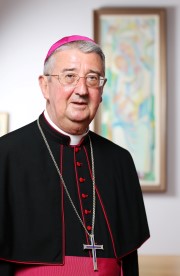
Restrictions on public worship can be justified “in situations of a sharp rise in the numbers contracting the Covid-19 virus” Catholic Archbishop of Dublin Diarmuid Martin has said.
The restrictions, however, “should be limited to the shortest period necessary,” he said. Currently, under regulations from level 3 to level 5, public Masses and other religious services may not take place in Ireland, although places of worship can remain open for private prayer. An exception is made for weddings and funerals.

In 2018, the global level of government crackdowns on religion continued to climb, reaching an all-time high since Pew Research Center began tracking these trends in 2007.
The increase in restrictions – that is, laws, policies and actions by officials that impinge on religious beliefs and practices – reflects a wide variety of events around the world, including a rise from 2017 to 2018 in the number of governments using force – such as detentions and physical abuse – to coerce religious groups.
As of 2018, most of the 56 countries with high or very high levels of government restrictions on religion are in the Asia-Pacific region (25 countries, or half of all countries in that region) or the Middle East-North Africa region (18 countries, or 90% of all countries in the region).
China continued to have the highest score on the Government Restrictions Index (GRI) out of all 198 countries and territories in the study, and in 2018 it reached a new peak in its score (9.3 out of 10).
The Chinese government restricts religion in a variety of ways, including banning entire religious groups (such as the Falun Gong movement and several Christian groups), prohibiting certain religious practices, raiding places of worship and detaining and torturing individuals. In 2018, the government continued a detention campaign against Uighurs, ethnic Kazakhs and other Muslims in Xinjiang province, holding at least 800,000 (and possibly up to 2 million) in detention facilities “designed to erase religious and ethnic identities,” according to the U.S. State Department.
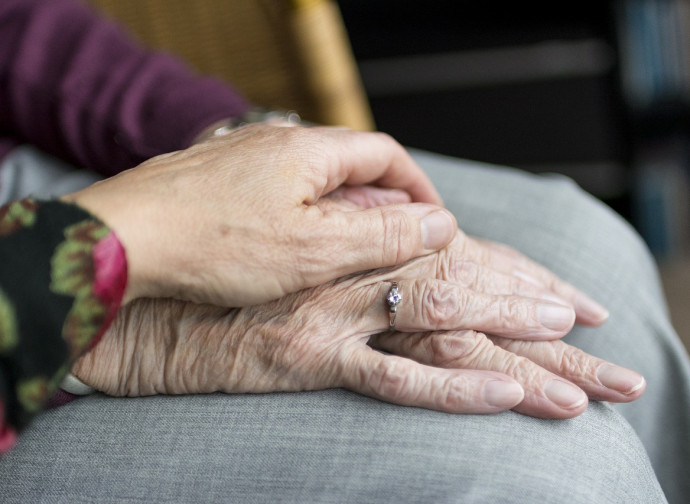
In a statement they say the “Dying with Dignity” Bill that was recently approved by the Dail for committee stage was preceded by a “rushed and incomplete debate”.
The group have called instead for a “robust and balanced debate on the matter”.
The IHF believes the Bill, “is a seismic shift in legislative terms and its impact on all areas of society cannot be underestimated”.
“It should therefore receive the time it deserves to consider the rich and diverse evidence, views, opinions and anxieties of all the people of Ireland”.
The bill is due to be scrutinised in detail, and amendments considered, in the Oireachtas Justice Committee.

The findings are contained in research by the ESRI and HSE which analyses how young people receive information on sex and relationships.
It is based on data from Growing up in Ireland, a longitudinal study which interviewed teenagers at 13 and 17 years of age.
Many teens are not getting advice on sex from their parents, the report shows.
By age 13, 45 per cent of young people reported that they had discussed sex and relationship issues with their parents. By age 17, this proportion had increased to just under 60 per cent.
There was a gender divide in reports of ease of discussions with parents about sex.
Young women found it easier to talk to their mothers, while young men found it easier to talk to their fathers.
Young people who discuss sex and relationships with their parents are significantly more likely to go on to use contraception.
In contrast, those mainly reliant on their friends as a source of information on sex had lower levels of contraceptive use when they first had sex.